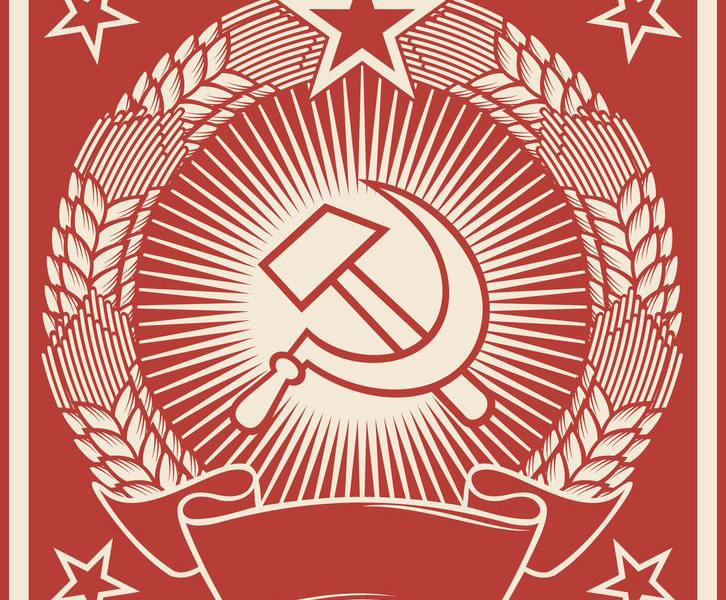In 1970 screenwriter Dalton Trumbo made a famous speech proclaiming that the blacklist era produced “only victims.” There’s more to it than that and more to the man himself than moviegoers will see in “Trumbo,” a feature film now making the rounds.
Trumbo was a member of the Communist Party USA, a wholly owned subsidiary of the Soviet Union. During the 1930s that party established a powerful network in Hollywood. As Budd Schulberg (“On the Waterfront”) put it, the Communist Party was “the only game in town.”
In 1939, Josef Stalin signed a pact with Adolf Hitler, and the victims of that deal included Poland, which both dictators invaded, and the Baltic states, which Stalin occupied. Stalin also handed German Jewish communists over to the Gestapo.
The pact hit Hollywood like a dropped option, and many left the Communist Party, never to return. Dalton Trumbo was not one of those. Indeed, he mounted a surge as one of the party’s “artists in uniform.”
In 1940, when Britain stood alone against the Nazi onslaught, Trumbo wrote “The Remarkable Andrew.” In this novel, the ghost of General Andrew Jackson argues against American military aid to Britain because “there’s no point in cooking up an alliance with a country that’s already licked.”
After Hitler broke the pact and invaded his ally, the party scribes turned 180 degrees and became patriotic militants. Trumbo wrote scripts for “A Guy Named Joe” and “Thirty Seconds Over Tokyo.” This was the heyday of Soviet adulation, with films such as the 1943 “Mission to Moscow.”
Also in 1943, the first Soviet Jewish delegation to the United States assured Americans that tales of anti-Semitism in the U.S.S.R. were only rumors. Samuel Ornitz, who would later join Trumbo in the Hollywood Ten, organized a reception for Soviet actor-director Solomon Mikoels and writer Itzak Feffer.
After the war, Stalin swung the U.S.S.R. back to its traditional anti-Semitism, deriding Jews as “rootless cosmopolitans.” In 1948, Stalin had Mikoels murdered, and three years later an executioner’s bullet claimed Itzak Feffer. Many more Jews would have been killed had Stalin not died in 1953.
That year screenwriter and director Robert Rossen (“All the King’s Men”), previously an uncooperative witness before the House Un-American Activities Committee, had second thoughts. Rossen willingly testified that the victims of recent show trials in Czechoslovakia were “all hung, in my opinion, for being Jews, and nothing else.”
Trumbo and other communist writers knew what was going on, but they chose to deny or defend Stalin’s crimes. Trumbo defied the committee in 1947 because he had already testified to a California committee that he was not a communist. His antics had nothing to do with freedom of speech.
There is no constitutional right to a lucrative career in Hollywood. Before the 1947 hearings, studio bosses defied the House committee and said they would hire whomever they pleased. After the hearings, the movie moguls caved and said they would not hire communists. Trumbo and other writers continued to work under fake names and are now hailed as heroes.
The American movie industry, meanwhile, has never shown much interest in the victims of Stalinism. On the other hand, Dalton Trumbo, one of the party faithful during the Nazi-Soviet Pact, is the subject of a hagiographical movie. That’s the state of the art in the American dream factories.








